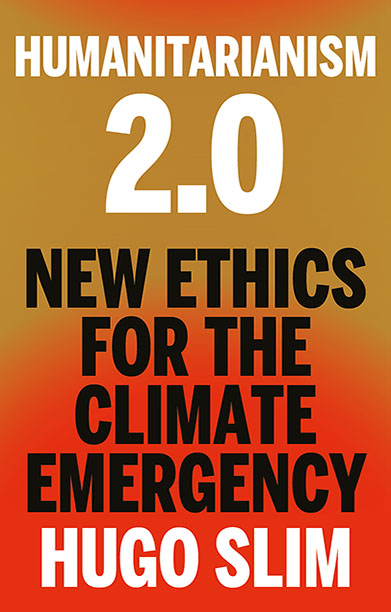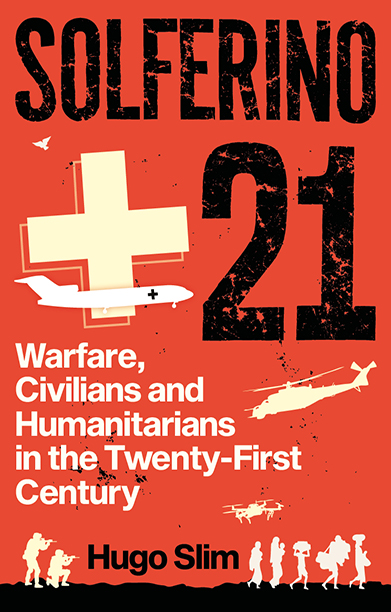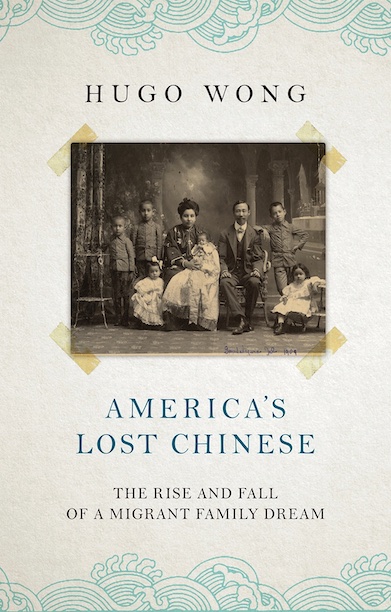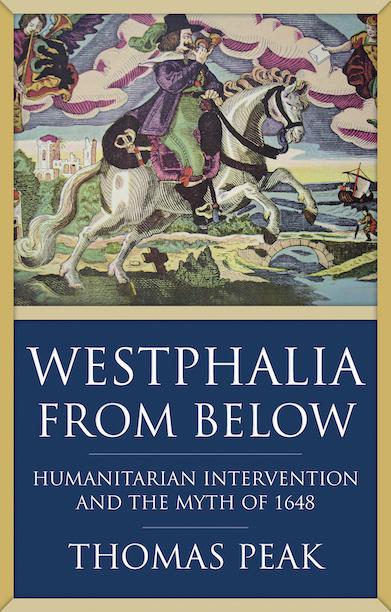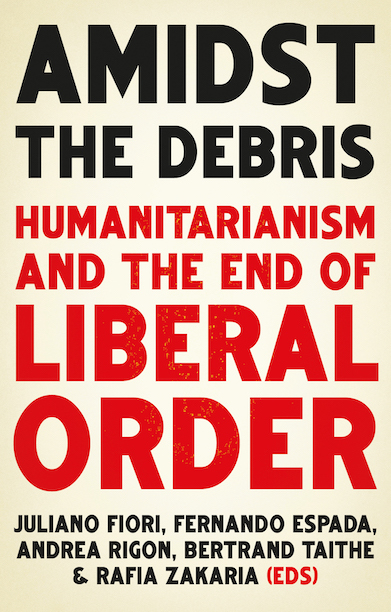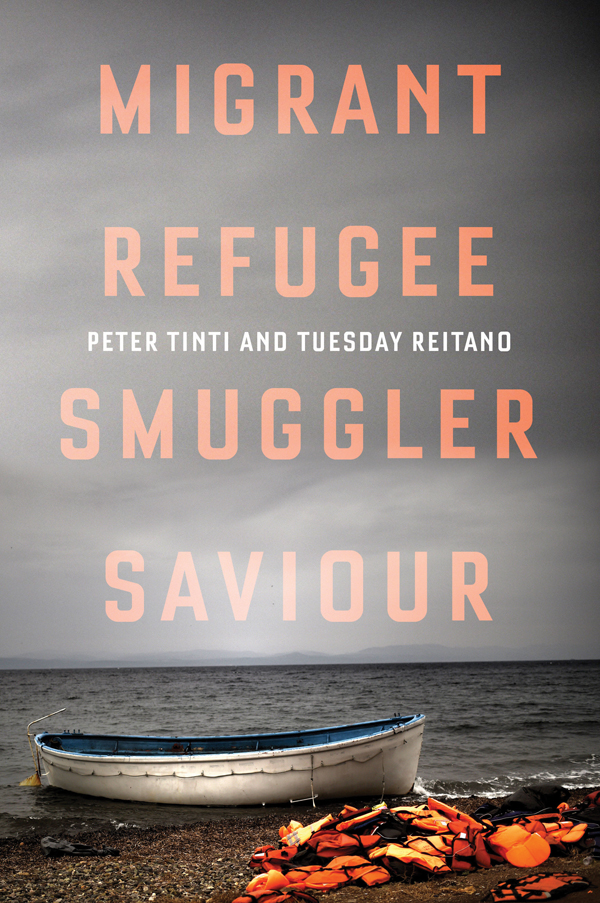Humanitarianism 2.0
New Ethics for the Climate Emergency
A radical call for aid workers to rethink their practical roles and guiding principles, as people around the world face environmental catastrophe.
Description
This book spells out a new framework for humanitarian aid in the long emergency of climate change. Looking ahead to the massive needs of the late 2020s and the 2030s, Hugo Slim shows how current ethics and action in the sector are necessary, but not sufficient, for the new moral and operational challenges of our planetary crisis.
Humanitarianism 2.0 offers a series of practical ethical pathways for aid workers and organisations to reimagine and redesign their purpose in the increasing number of climate-related disasters around the world. Slim expands the fundamental principle of humanity to include the protection of nature in humanitarian ethics, and also faces up to the hard challenge of impartiality and prioritisation in a universal emergency. He then recognises anticipation, adaptation, mitigation and locally led aid as humanitarian obligations in climate-related disasters.
Like everything else in the climate and nature crisis, humanitarian ethics need adaptation. Slim’s bold, smart and much-needed proposals show the way.
Reviews
‘An original and deeply moving exploration of humanitarian ethics in times of climate change. Hugo Slim masterfully challenges all of us–and especially humanitarians–to rethink our ethics, norms and practices.’ — Maarten van Aalst, Director General and Chief Science Officer, Royal Netherlands Meteorological Institute, and Professor of Climate and Disaster Resilience, University of Twente
‘A remarkable book. Slim makes an engaging argument for a more current, ethical and effective paradigm for humanitarian action in the age of the “polycrisis”. An absolute must-read for anyone working in the climate, development and humanitarian sectors.’ — Aditya V. Bahadur, Director, Red Cross Red Crescent Climate Centre
‘A new, nature-positive paradigm of humanitarian response to climate crises is required. This response, as Slim powerfully argues, must be integrative and inclusive, merging both human and ecological objectives. A must-read and a lighthouse to guide our collective reset for much-enhanced climate resilience.’ — Changhua Wu, Chair, Governing Council of the Asia-Pacific Water Forum
‘A compelling case for integrating the humanitarian and environmental agendas at a time when we are finally beginning to recognise that the wellbeing of people is intertwined with, and dependent on, the health of nature. Our only chance of securing a people-positive future is through a nature-positive one.’ — Marco Lambertini, Convener, Nature Positive Initiative
Author(s)

Hugo Slim is a Senior Research Fellow at the Las Casas Institute for Social Justice at Blackfriars Hall, University of Oxford, and at the Institute for Ethics, Law and Armed Conflict at the Blavatnik School of Government. He is also a Visiting Professor at Schwarzman College at Tsinghua University and at the International Academy of the Red Cross and Red Crescent at Suzhou University.
